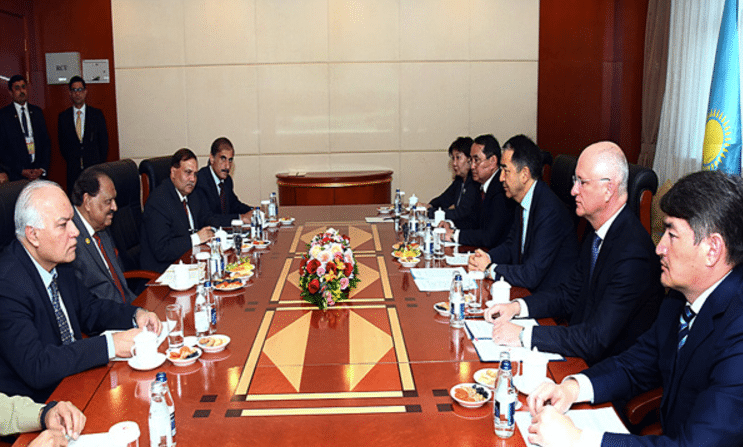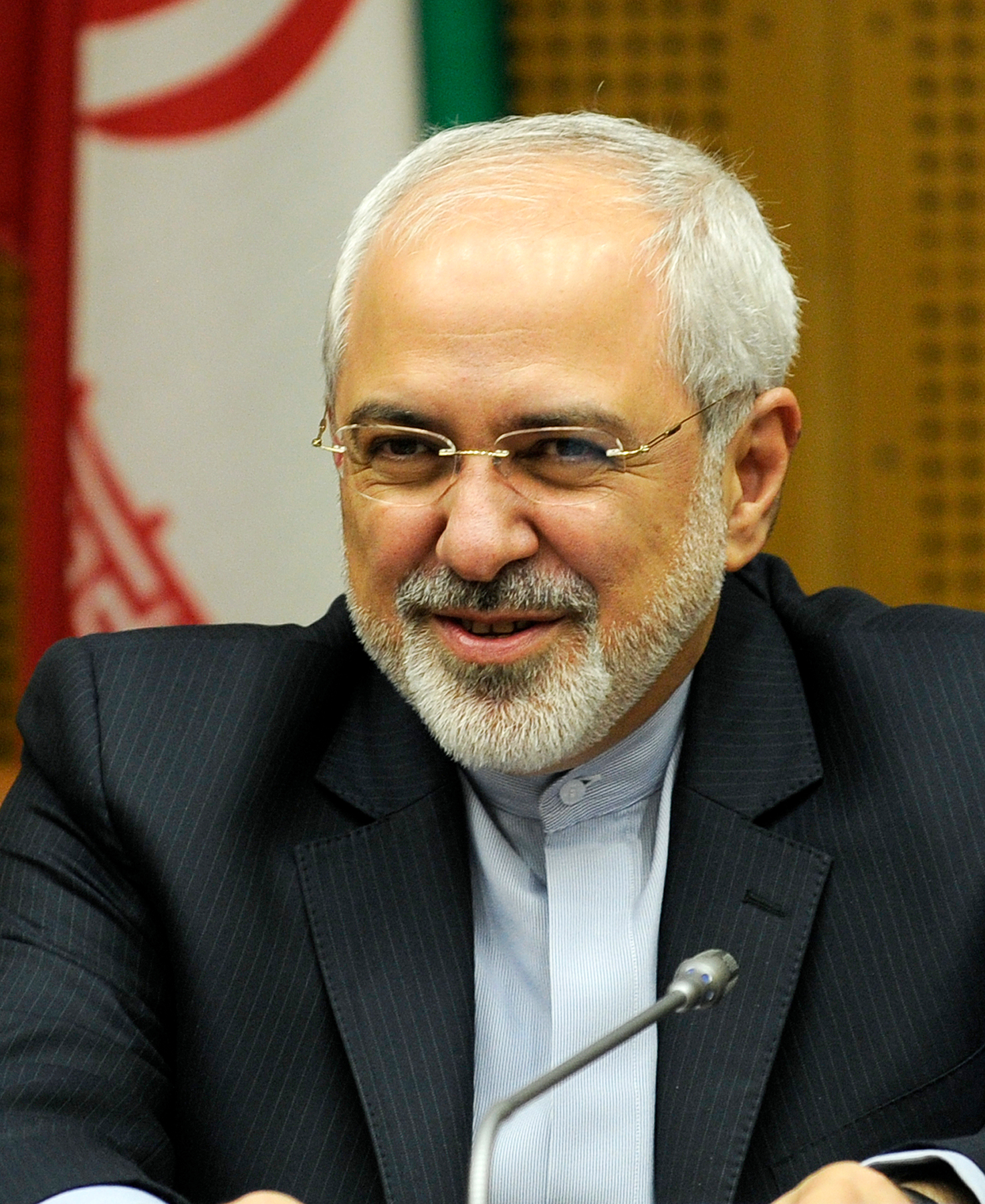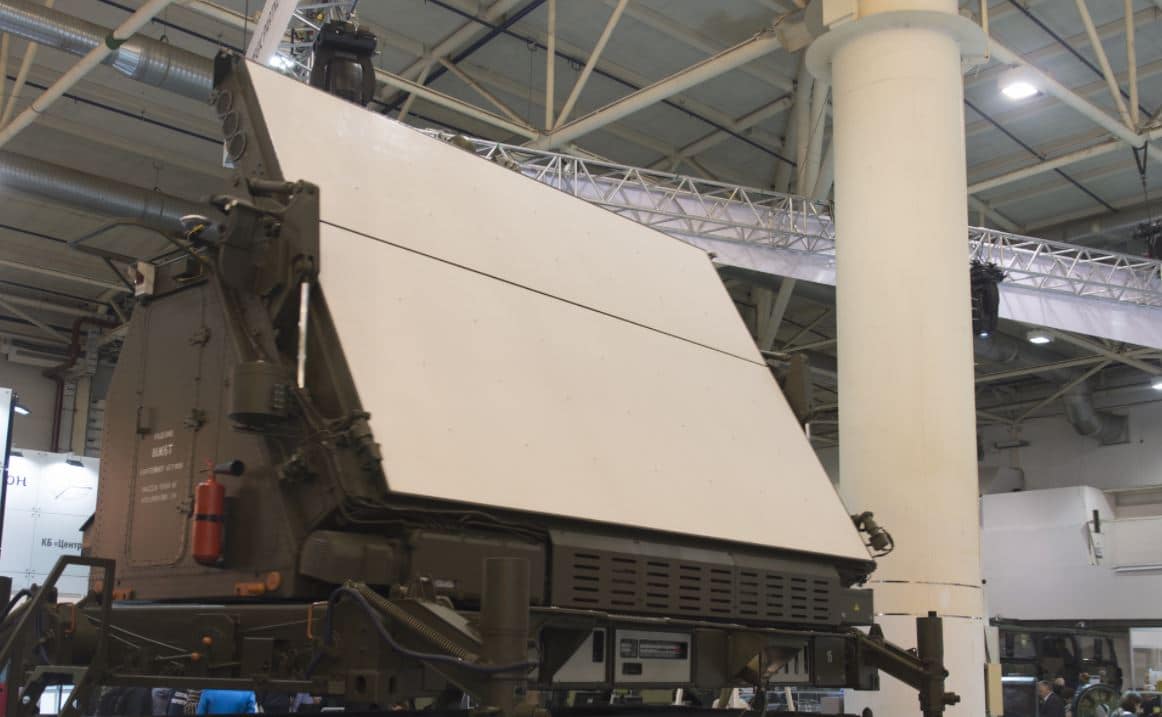2704Views 2Comments

Pakistan and Kazakhstan agree to expand defence production ties
The Associated Press of Pakistan reports that Pakistan and Kazakhstan agreed to expand cooperation in several areas, including defence production. The commitment was made during a meeting between Prime Minister Bakytzhan Sagintayev of Kazakhstan and Pakistan’s President Mamnoon Hussain.
Notes & Comments:
Kazakhstan collaborates with companies in South Africa, Turkey, Ukraine and Russia, Astana aims to utilize its ties and joint-programs to broaden its defence sourcing in the long-term. Third-party exports or prospective partners such as Pakistan could help the Kazakh industry build economies-of-scale and share in program funding, assuming respective requirements and industry objectives align or are reconcilable.
Kazakhstan Engineering partnered with South Africa’s Paramount Group to create Kazakhstan Paramount Engineering (KPE). In 2016, KPE rolled out the Arlans, which is a variant of Paramount’s Marauder light-armoured vehicle modified for Kazakhstan’s cold weather conditions. KPE’s 15 000 m2 facility can rollout 200 vehicles per year, though it is producing 120 vehicles annually.
Mirroring KPE, Kazakhstan Engineering also maintains a partnership with Aselsan, which has yielded the creation of Kazakhstan Aselsan Engineering (KAE). In 2016, KAE received a $5.8 million U.S. order to supply Aselsan Python and Boa thermal weapon sights, which will be assembled from KAE’s production plant, which is jointly funded by Aselsan, the Turkish government and Kazakhstan Engineering.
In July, Kazakhstan Engineering signed an agreement with Russia’s United Aircraft Corporation (UAC) for the purpose of jointly marketing and, if selected by Astana, co-produce the Mikoyan MiG-35. It seems that the MiG-35 is being pitched as a successor for the Kazakh Air and Defence Forces’ MiG-23 and MiG-27. If the MiG-35 is selected, Kazakhstan Engineering would manufacture MiG-35 parts.
Overall, Kazakhstan has the potential and apparent drive to become a noticeable factor as an arms buyer and industry participant. Astana is clearly making targeted investments in key areas, such as small-arms optics, armoured vehicles and radio applications (e.g. communications and possibly other areas).
Kazakhstan’s familiarity and enduring relations with Russia will dampen Pakistan’s chances of successfully securing combat aircraft or tank sales. Initial engagement, if at all, could see smaller-scale programs, such as optics and reflexive sights, being pitched as joint-ventures. Risk owing from variances in requirements, cost and complexity are likely to be lower in optics/sights than aircraft or armoured vehicles. Interestingly, Pakistan and Kazakhstan have a common pool of third-party partners, such as Turkey’s Aselsan.



2 Comments
by ali amanat
Its very good to enhance defence cooperation , if possible in the field of aviation and electronics sub assemblies.
by sami shahid
Pakistan should directly purchase weapons from Russia.